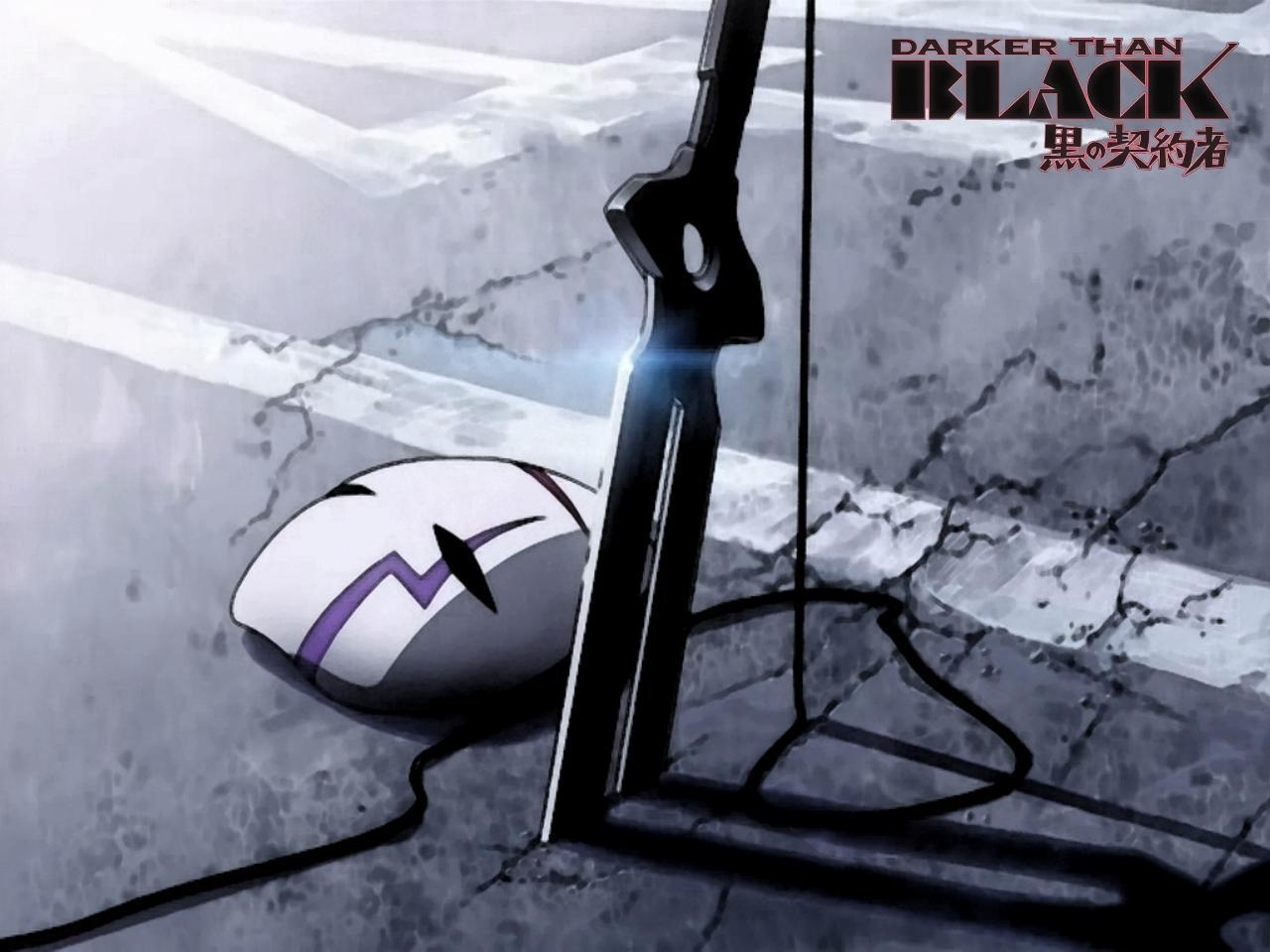Canon Fodder
Causality: the description of the relationship between one event- the cause- and another - the effect in which the latter is the direct result of the former. Canonality: the description of the relationship between one set of fictional stories- those depicted in television and film- and another- those depicted in print. Every day, certainly, perhaps every few minutes, a new Star Trek fan discovers the width and breadth of the Trek-verse extends well beyond the lovely filmed entertainments that draw us all in. In that discovery, whether through the writings of DeCandido or Mangels & Martin or Ward, the new fan is quickly introduced to characters, plotlines, even entire species that have no connection whatsoever to the ones on the big and small screens. Despite the fact that most writers of Trek-Lit spend considerable energy making sure their printed tales line up as closely as possible with the filmed stuff a certain friction often develops in the mind of the new fan when reading. It is a combustion of feelings that leads invariably to the question, "Which one of these versions is true?" Which is canon- that is to say trusted- and which is to be tossed out? There are endless cycles of discussion of the value of canon vs non-canon vs fanon, which elements should supplant others and which should be ignored completely. The party line has always been that only what is filmed is considered truly "true." The books are fun, even illuminating on occasion, but ultimately only the films and TV series' actually "count." Despite this official edict, the fan community continues to have what is often a heated debate about where and how characters like Elias Vaughn fit into the canon. They take a dim view when the answer is a flat, "He doesn't." As a victim of its own success, the Lit-verse must shoulder most of the blame for this. If the printed stuff weren't so stellar, nobody would care about it and, by extension, what aspects are to be considered canonical and which are not. Even amongst those fans that only watch the filmed versions of Star Trek there are grumblings about any perceived deviation from what they feel is "authentic." DS9 is (or isn't). Enterprise wasn't (or was). The Klingons wouldn't (or would). Etcetera, etcetera, etcetera. Setting aside the fact that ALL of it is fiction and therefore is only as true or false as it pleases each member of the audience, here is a humble solution to the old debate. As usual it is to be found inside the official filmed material itself. Star Trek plays fast and loose with Time and the travel therein. On the one hand we have multiple depictions of time lines being "broken" or "altered" and some iteration of our stalwart heroes moving to fix the breach("City on the Edge of Forever," "Yesterday's Enterprise," etc.). This implies that there is only one timeline and that breaches of that line have catastrophic consequences for our heroes and often the universe at large. On the other we have stories showing an infinite number of alternate lines ("Parallels," "All Good Things"), each created when any choice is made or rejected. This is sort of analogous to the so-called Many Worlds Theory and it pretty much cancels out the other version. This second approach, while apparently undercutting some great stories, has also, unintentionally, settled the debate as to what is canon and what isn't. If there are an infinite number of possible timelines, each branching from another infinite number of histories, it follows that timelines can neither be broken nor corrected. Everything that can happen, in short, DOES happen. The Borg assimilate the whole universe, the Klingons take over the galaxy. Sisko refuses the commission to Deep Space Nine, etc. Therefore everything you've ever seen or read, from fan fiction to the next J.J. Abrams epic, is canon. All of it. In fact, taken to its next logical extension, not only is every fictional Star Trek story true, every story ever written about any subject whatsoever is also true. Somewhere, somewhen it is all happening. If you miss the old smooth-headed Klingons and hate the ridges, well, you're in luck. Turns out you've only been watching the adventures of those Klingons that The Powers That Be have chosen to show. The smoothies are still out there insulting bartenders, fueling civil wars and generally running gleefully amuck without any hint of a human-made Augment virus to twist their foreheads one way or the other. More than that, somewhen there's an entire Star Trek series featuring the adventure of Christopher Pike and where no one has ever heard of James T. Kirk. The Rihannsu are the true Romulans, regardless of what happens or doesn't happen on screen. And, yes, somewhen out there, the captain and the first officer have finally given in to their deep and burning- Well. You get the idea. So, when the question comes up again in about ten minutes, "What is in the canon?" you now have the final answer. Everything, folks. Everything. IDIC.



Nicely done, dude! Thanks for hte props.
Sorry for the terrible delay. Got your message right before we pulled chocks to head to Denver, and I'm still catching up on e-Mail that piled up while we were away.
Hope all's well out your way!